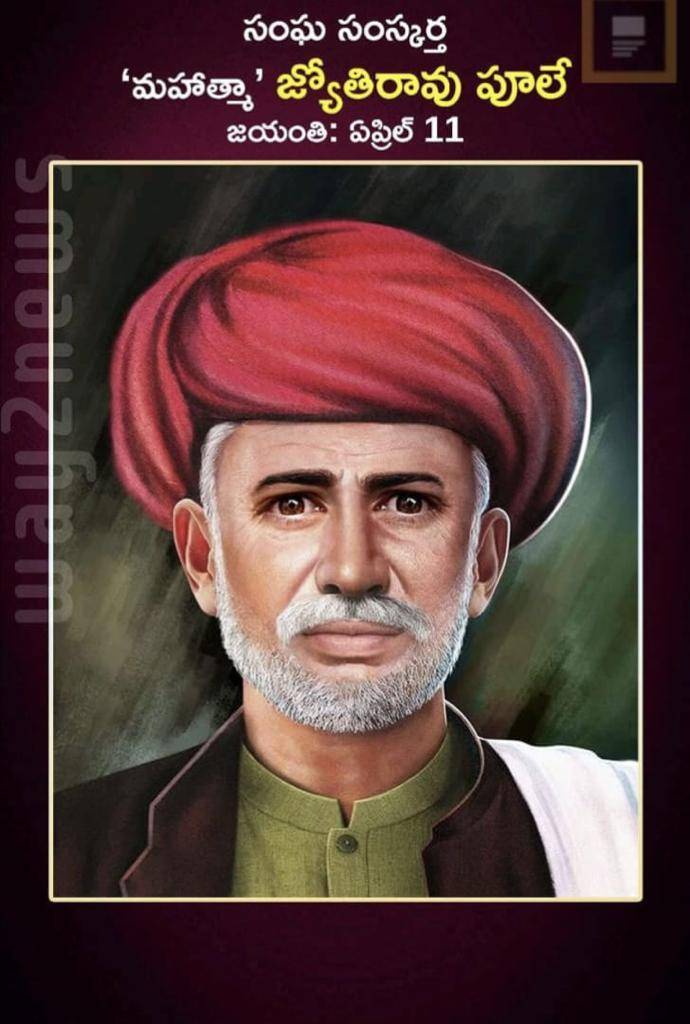[GHHF] Bala Samskar Kendras – Students learned about a social reformer Jyothirao Phule and his contribution to education.
 Andrew Tomas (1906- 2001)
Andrew Tomas (1906- 2001)
"The sacred writings of ancient India contain descriptions of weapons which resembled atomic bombs. The Mausola Parva speaks of a thunderbolt – “a gigantic messenger of deaths” – which reduced to ashes whole armies and caused the hair and nails of the survivors to fall out. Pottery broke without any cause and the birds turned white. After a few hours all foodstuffs were poisoned. The ghastly picture of Hiroshima comes to mind when one reads this ancient text from India."
Global Hindu Heritage Foundation is very happy to inform you that we have started Bala Samskar Kendras (Schools for children and youth) to enrich them with the greatness of Hindu Dharma and appreciate the sacrifices many leaders have done to protect Bharat. There are many kings who have achieved new heights in their skills, talents, and strength. Unfortunately, Bharath denies its history to its own children and glorified the most undeserving rulers. The government has corrupted the minds of young students since Independence from 1947. It is our effort to teach them the greatness of our scriptures, enrich their minds with timeless wisdom, create a sense of pride through time-tested moral and ethical compass, and make them proud of the science behind all our customs and traditions.
Bala Samskar Kendras started in 2021 and now we have about 200 Bala Samskar Kendras in five States in India and four in Bangladesh. They are very active and large number of children are attending and many parents are impressed with their own children and how much they are learning and how they changed behaviorally. Students were taught to chant Hanuman Chalisa.
Jyothirao Phule
In nineteenth century, Jyotirao “Jyotiba” Govindrao Phule was a well-known social reformer and thinker. He served as the movement’s leader against India’s widespread caste system. He fought for the rights of peasants and other people from lower castes and revolted against the Brahmins’ rule. According to Phule’s biographer Dhananjay Keer, Vithalrao Krishnaji Vandekar, a fellow reformer from Bombay, gave Phule the title of Mahatma. Throughout his life, Mahatma Jyotiba Phule battled for the education of girls and was a pioneer for women’s rights in India. He is credited with founding the first Hindu orphanage for unfortunate children.
A social reformer was born when Jyothirao went to attend a Brahmin wedding where he was humiliated. Mahatma Jyotirao fled the ceremony because he was determined to oppose the existing caste system and social constraints. He made it his life’s mission to relentlessly push against social majoritarian dominance and worked toward the emancipation of all people who were affected by this social injustice.
Thomas Paine’s beliefs had a big impact on Jyotirao after reading his well-known book, “The Rights of Man.” He thought that the only way to tackle social ills was to educate women and members of lower castes.
Savitribai Phule, Jyotiba’s wife, backed his efforts to guarantee women and girls the right to an education. Savitribai, one of the few literate women of her day, learned to read and write from her husband Jyotirao. Jyotiba founded a ladies’ school in 1851 and invited his wife to instruct the students there. Later, he established two additional schools for girls as well as an indigenous school for people from lower castes, namely the Mahars and Mangs.
He welcomed guests of different backgrounds and castes into his home. He supported gender equality, and he put his views into practice by including his wife in all of his social reform initiatives. He thought that religious figures like Rama were used by the Brahmin to oppress the lower caste.
Jyotiba Phule founded the Satya Shodhak Samaj in the year 1873. (Society of Seekers of Truth). He conducted a methodical deconstruction of historical ideas and beliefs before rebuilding one that promoted equality. The Hindus’ ancient holy texts, the Vedas, were harshly denounced by Jyotirao. Jyotirao made the decision to build a communal bathing tank outside his home in 1868 to demonstrate his tolerant attitude toward all people and his desire to eat with anyone, regardless of caste.(Source:: https://www.studyiq.com/articles/jyotiba-phule/)
DONATIONS
PayPal Method: To donate visit our website: savetemples.org. Click on the Donate button, then press the Purpose category, and select the General Donation category.
By Check: Or you can send a check payable to: GHHF, It is tax-deductible.
By Zelle: ghhfusaorg@gmail.com
By Rupees, please contact us by either phone or email.
For more information, call Prakasarao V Velagapudi 601-918-7111 ; Email: ghhfusaorg@gmail.com
























 Urgent support needed for Bangladesh Hindus
Urgent support needed for Bangladesh Hindus 







